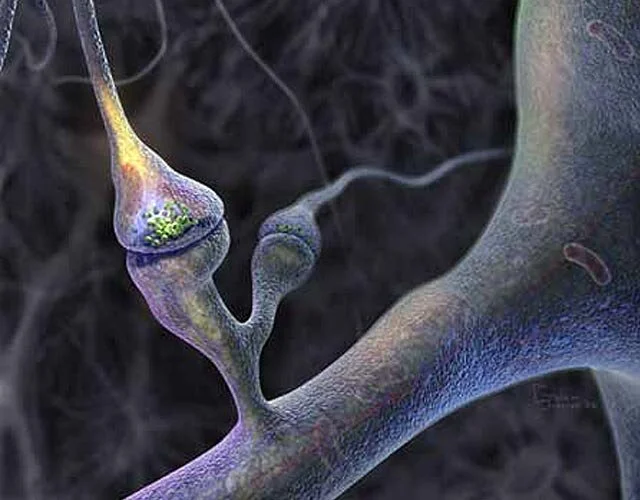Alzheimer’s Disease or Dementia - Is There A Difference?
by Fred Mayer for Marinscope:Dementia can be reversible or progressive. Progressive means the symptoms will gradually get worse. How fast dementia progresses depends on the individual. Each person is unique and will experience dementia in his or her own way.Dementia affects a person’s entire range of thinking abilities. Memory is always involved but it is important to realize that all other areas of thought are also involved. This goes beyond forgetting other people’s names. The person loses the living skills we take for granted. The world becomes foreign. The person does not recognize it or know how to get around it.So, there is no disease called dementia. Dementia is a general term for loss of memory and other intellectual abilities serious enough to interfere with daily life. Alzheimer’s is a disease of the brain that causes problems with memory, thinking and behavior. It is not a normal part of aging.So everyone with Alzheimer’s disease has a form of dementia, but not everyone with dementia has Alzheimer’s disease. Alzheimer’s counts for 50-70 percent of cases of dementia. Other disorders than can cause memory loss, confusion and other symptoms include vascular dementia, mixed dementia, Parkinson’s disease, dementia with Lewy bodies, physical injury to the brain caused by an automobile accident or trauma, Huntington’s disease and hydrocephalus.Unfortunately there is no cure for Alzheimer’s disease or dementia, and no way to stop the death of brain cells, but drugs and nondrug treatment may help with cognitive and behavioral symptoms.If you have any of the warning signs of dementia or Alzheimer’s: memory loss; loss of interest in parts of your life; difficulty performing daily tasks like cooking, bathing, dressing or managing money; are nervous or get upset easily; difficulty with language skills, call your physician and discuss these symptoms. Watch your blood pressure, get checked regularly, exercise, improve your diet, eat lots of fruits and vegetables, reduce your fatty acids, slow the brain’s aging by increasing physical exercise, do crossword puzzles, bridge, mental gymnastics or brain jogging, and increase your social interactions and engagements with others.If you are over 50 and have not had a recent physical for diabetes, high blood pressure or increased risk of stroke, call your physician and get checked out. Remember, every 77 seconds someone is diagnosed with Alzheimer’s and the disease can be slowed down with treatment.

